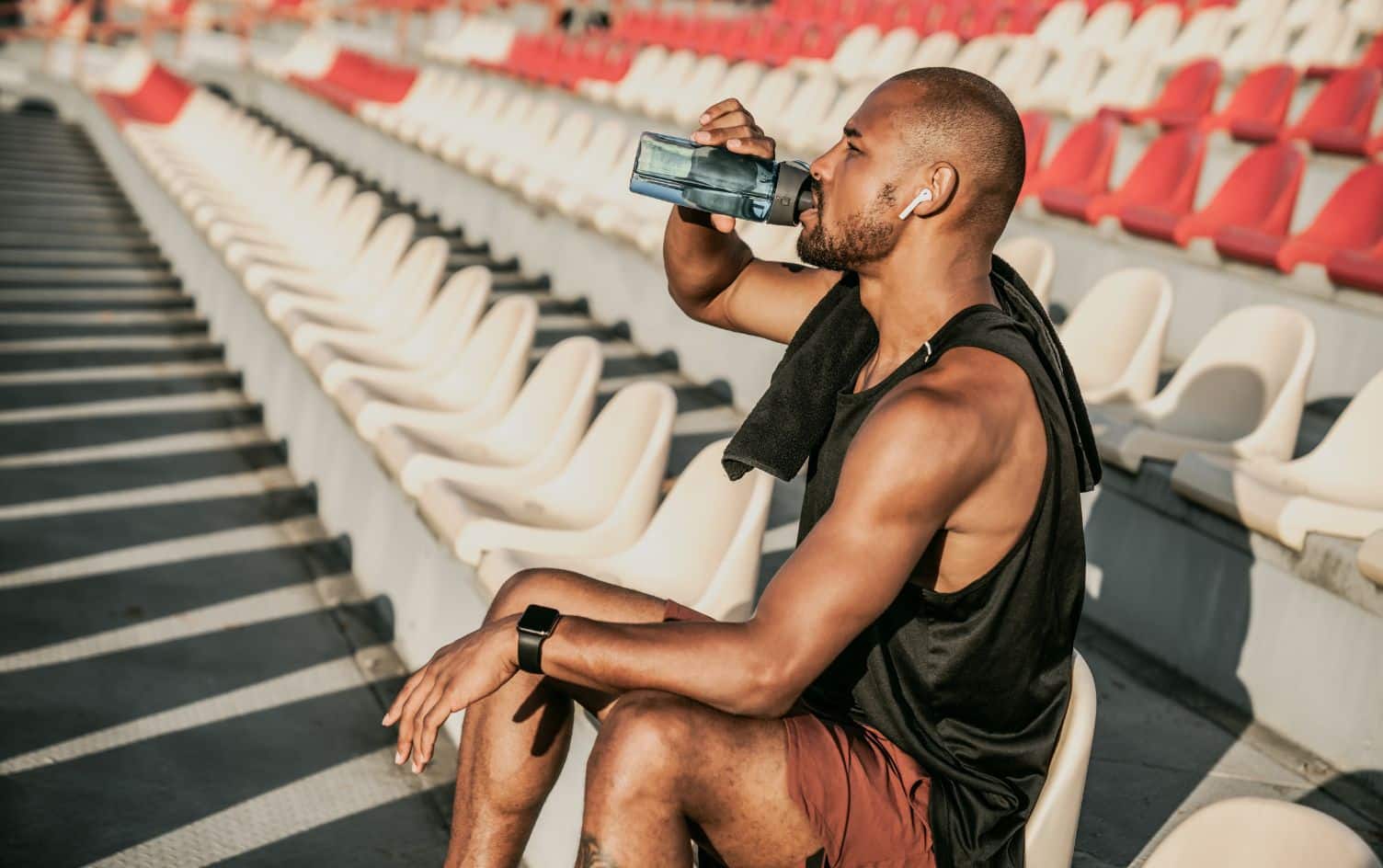Nobody runs well on a gas tank that’s constantly near empty, which is why getting in touch with our individual hunger signals and honoring them with nourishing, energizing food is an important skill.
While it sounds easy enough, often what we assume is hunger isn’t at all. Sometimes when we think we’re hungry, our bodies might actually be trying to tell us we’re thirsty or stressed. On the flipside, there are instances when our bodies are truly in need of a quick snack or meal, but we can’t quite recognize the cues.
“Often, even when you think you’re listening to your body, you’re not really understanding what it’s telling you,” says Keri Gans, MS, RD, author of “The Small Change Diet.” To help keep you feeling even-keeled and energized all day long, we asked Gans for her take on how to get in tune with your own hunger, when your body may be asking for something other than food and how to take action on these signals in the healthiest way possible.
The next time you think you might be hungry, take a closer look at the symptoms and ask yourself these questions:

What it means: “When you’re so thirsty that you’re dehydrated, you’ll likely get a headache,” says Gans. Headaches can feel like low blood sugar, which you may mistake as a sign to eat.
What to do: Try drinking 8 ounces of water. While experts often recommend 64 ounces per day, as a general rule of thumb, your urine should be pale and either very clear or light yellow.

What it means: “Some people look to soothe themselves with sugary or carbohydrate-rich foods when stressed,” notes Gans. Research has shown these foods boost levels of serotonin, making you feel calm temporarily, but emotional eating won’t solve the underlying problem.
What to do: Savoring a delicious meal or snack can help reduce stress if done mindfully. Sit down to a meal without distractions, eat slowly enough that you taste every bite and get in tune with how the food is making you feel. This also makes it easier to stop eating when you’ve had enough. Another tactic: Try calling a friend to help relieve stress instead of reaching for a snack.
This document has been composed with the free online HTML converter. Access it here and use it every time for document editing.

What it means: Since food is fuel, it makes sense that you crave extra when you’re sleep deprived or low on energy. This can lead to less-nutritious food choices. “When people are tired, they tend to choose more unhealthy foods than they would if they’d had adequate sleep and are more likely overeat,” says Gans.
What to do: Sleep is crucial for health, since it’s when your body recharges and repairs itself. Instead of refueling late at night with a snack, you might be better off just hitting the pillow.
If you’re well-rested and feeling hungry in the middle of the morning or afternoon, “it could very well be that your body needs a pick-me-up,” says Gans. In that case, choose snacks that pack a combination of healthy fats, protein and fiber and aim to keep them below 250 calories if you’re also eating normal-sized meals.

What it means: If you’ve ever found yourself constantly reaching for cookies on a particularly slow work day or plowing through your snack stash on a lazy Sunday afternoon, you’re likely eating out of boredom. Eating can give us a temporary sense of purpose when we’re not sure what else to do.
What to do: Gans’ advice on this is pretty cut-and-dry: “If you’re bored, you probably don’t need to eat.” She suggests figuring out when this boredom usually hits and finding some easy activities to do instead, like crosswords or going for a short walk.
HOW TO RECOGNIZE WHEN YOU’RE ACTUALLY HUNGRY
“Most of the time when you think you’re hungry, it’s because you are,” says Gans. It’s hard to define what hunger feels like, since it’s different for everyone. Lightheadedness, dizziness, an empty or growling stomach, irritability and the inability to concentrate are all common signs of hunger, and it’s important to be in tune with these cues.
If your body is telling you to eat and you’ve gone through the above checklist to make sure you’re not actually just thirsty, stressed, tired or bored, then have something to eat. “The most important thing is that you have a well-stocked house with plenty of healthy foods and snacks,” says Gans.





2 Responses
We all are born with an innate ability to know when we are hungry. As we grew and became able to obtain food on our own, however many of us began to eat for many reasons without real hunger. This might happen when we are feeling uncomfortable such as sad, depressed, stress, fear simply because good foods are readily available. So its upon you to decide is the hunger signals are real or fake.
while hungry all our brain cells work towards the stomach only ,in that case i eat half carrot or one glass of water ,if its off time or on time i eat food which are availbale